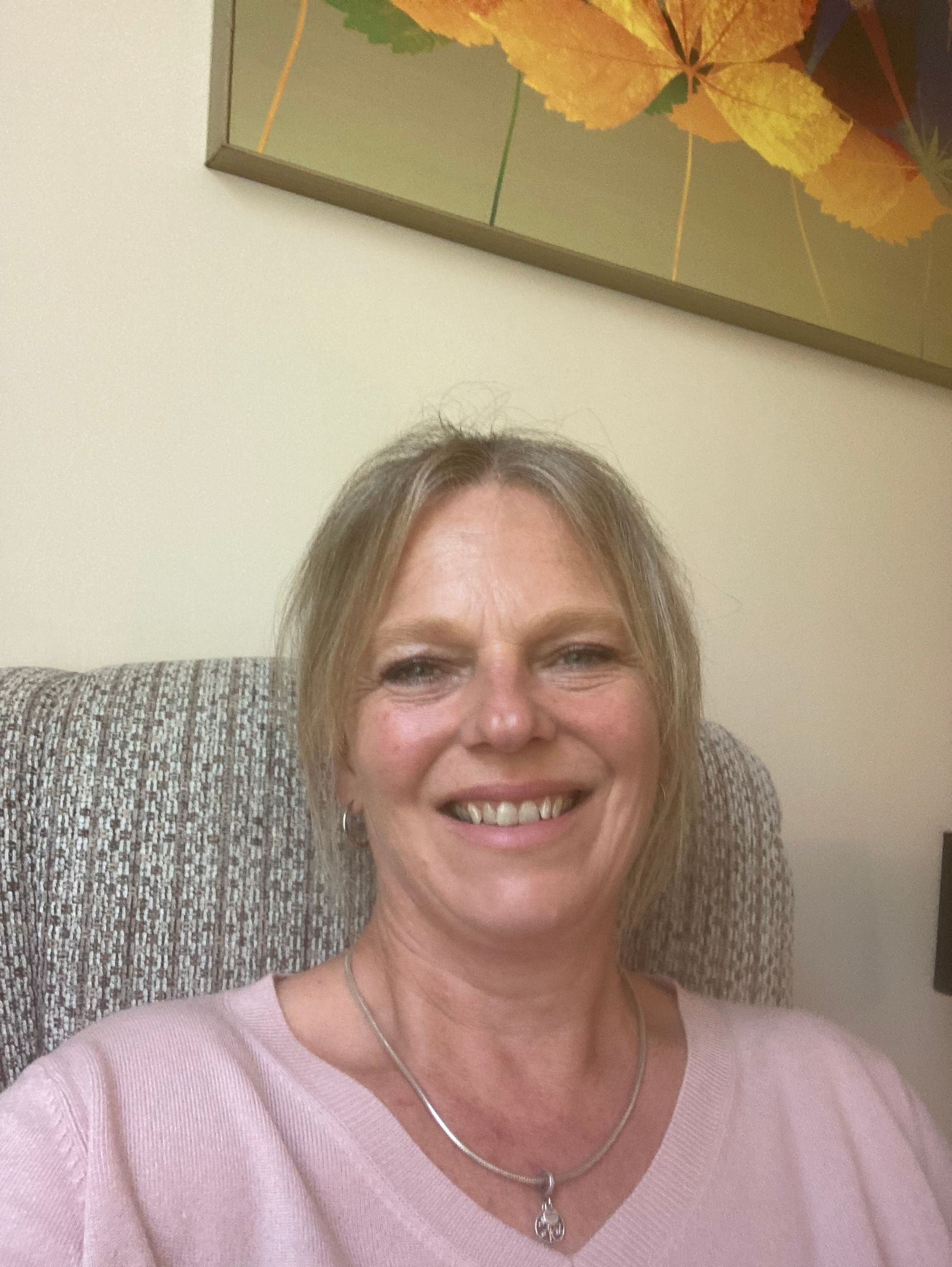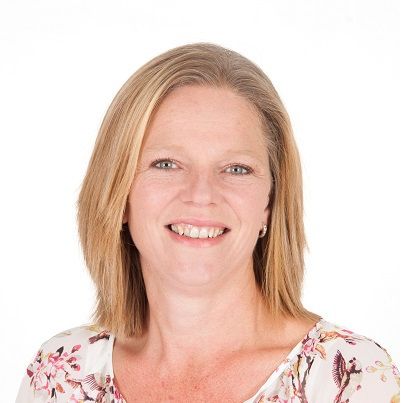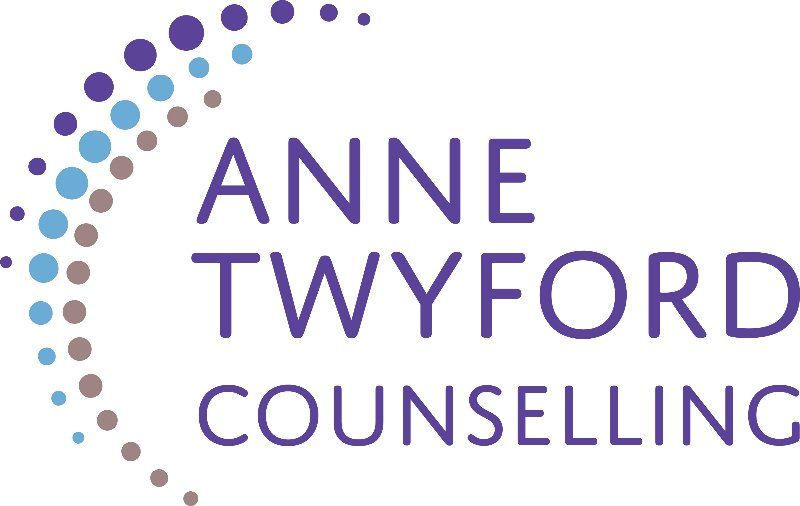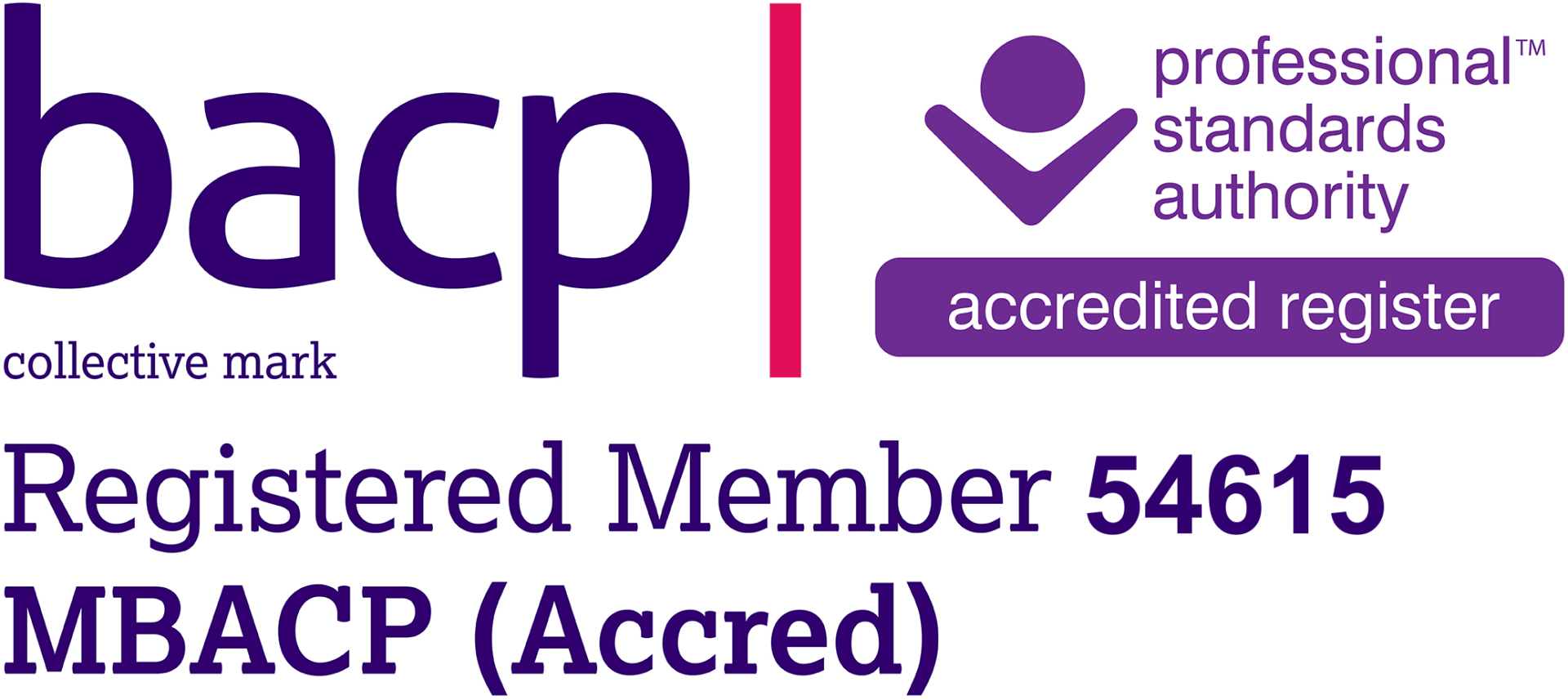QUALIFICATIONS
Foundation Certificate in Transactional Analysis Counselling & Psychotherapy - 2017
Introduction to Transactional Analysis (TA101) - 2016
Diploma In Integrative Counselling - 2008
Level 3 Certificate in Counselling - 2006
Level 2 Certificate in Counselling - 2005
Introduction to Counselling Skills and Theory - 2005
Registered Accredited Member of the British Association for Counselling and Psychotherapy (reg no 054615)
Level 3 Certificate in Counselling - 2006
Level 2 Certificate in Counselling - 2005
Introduction to Counselling Skills and Theory - 2005
Registered Accredited Member of the British Association for Counselling and Psychotherapy (reg no 054615)

ADDITIONAL TRAINING
How to do Counselling Online: A Coronavirus Primer
Moving your Practice Online
Working with Dissociative Disorders in Clinical Practice
Disordered Eating
Working Therapeutically with men who have
experienced sexual violation
Working with Trauma
Working with the Hidden Face of Shame
Working with Obesity
A Single Session Integrated Approach
Working with Survivors of Childhood Sexual Abuse
Working with Children of Separated Parents
Drug Awareness
Building Confidence
Group Work
Death & Bereavement
Cognitive Behaviour Coping Skills Therapy
Alcohol Awareness
Cognitive Behavioural Therapy
Working with Obesity
A Single Session Integrated Approach
Working with Survivors of Childhood Sexual Abuse
Working with Children of Separated Parents
Drug Awareness
Building Confidence
Group Work
Death & Bereavement
Cognitive Behaviour Coping Skills Therapy
Alcohol Awareness
Cognitive Behavioural Therapy
EXPERIENCE
I have experience of working with Clients who are having difficulty with Stress, Anxiety, Panic Attacks, Depression, Anger, Addiction, Childhood Abuse, Sexual Abuse, Trauma, Intrusive Thoughts, Shame, Relationships, Loss, Bereavement, Health Concerns, Eating Disorders, Domestic Violence, Self-Harm, Change.
I have supported adults who are considering going through the process of assessment for Autism and ADHD, including exploring what the assessment / diagnosis would mean for them.
I have experience of working with adults who are beginning to question who they are and what they want from life and those who use counselling as a form of Personal Development.
Integrative counselling
is a combination of the 3 main theories of counselling:
Person-Centred: I use this theory to build a trusting, empathic, accepting and genuine relationship between myself and my client. By valuing the client as a person, without judging them, I can help them to learn about and accept who they are.
Psychodynamic theory: I use this theory to help the client to make links between what is going on for them in their current life with past experiences and relationships. By helping the client to bring unconscious thoughts and feelings into their conscious mind they are able to understand patterns of behaviour and any defence mechanisms they are using.
CBT (Cognitive Behavioural Therapy): I use the theory of CBT to help the client to identify and challenge any self-defeating or irrational beliefs and behaviours. I will also use CBT theory to help the client to cope with problems such as panic attacks, anxiety and phobias.
Person-Centred: I use this theory to build a trusting, empathic, accepting and genuine relationship between myself and my client. By valuing the client as a person, without judging them, I can help them to learn about and accept who they are.
Psychodynamic theory: I use this theory to help the client to make links between what is going on for them in their current life with past experiences and relationships. By helping the client to bring unconscious thoughts and feelings into their conscious mind they are able to understand patterns of behaviour and any defence mechanisms they are using.
CBT (Cognitive Behavioural Therapy): I use the theory of CBT to help the client to identify and challenge any self-defeating or irrational beliefs and behaviours. I will also use CBT theory to help the client to cope with problems such as panic attacks, anxiety and phobias.


